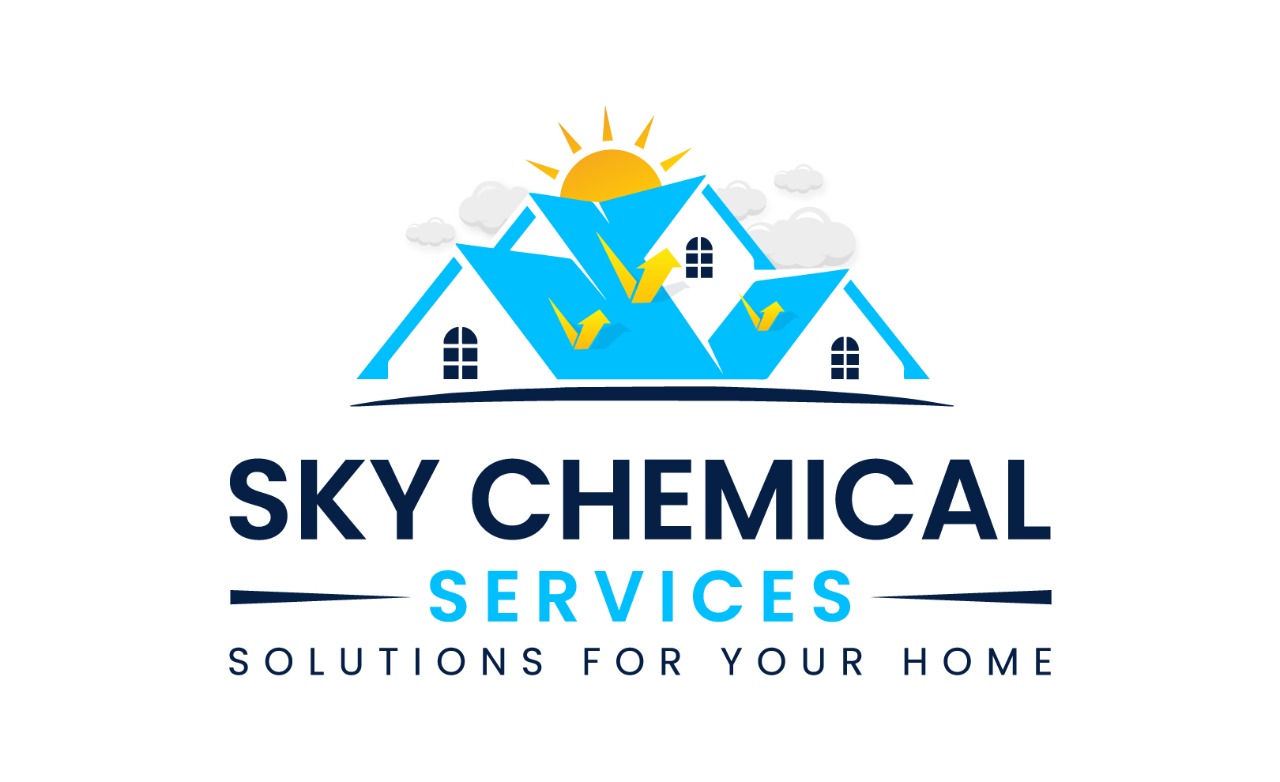Selecting the optimal process to insulate the underside of a roof is crucial. Factors, such as energy efficiency, comfort, and long-term cost savings are affected. Roof insulation serves a vital role in regulating the temperature, preventing heat loss in winter and heat gain in summer. There are several insulation methods available, each with its own advantages and disadvantages. To determine the best approach, it’s essential to consider factors, such as climate, budget, and the existing roof structure.
Fiberglass Insulation
Fiberglass insulation is one of the most common and cost-effective methods to insulate the underside of a roof. It is marketed in the form of batts or rolls. And, it is easy to install and maintain. Fiberglass insulation is known for its resistance to moisture. It’s effective in cold climates, keeping the interior warm and cozy. However, fiberglass insulation can lose its effectiveness if it becomes damp or wet. Additionally, fiberglass can be irritating to the skin, eyes, and lungs during installation.
Read More
How to Reduce Heat Loss in Your Home?
What is Spray Polyurethane Foam?
What are the Benefits of Heat Insulation in Karachi?
Spray Foam Insulation
Spray foam insulation is a versatile option. It is applied as a liquid that expands and hardens into a solid foam, creating a continuous and airtight barrier. This method is effective at sealing gaps and preventing heat loss. One of the chief benefits of spray foam insulation is its high R-value. Closed-cell spray foam, in particular, has a high R-value and serves as an excellent vapor barrier. However, it tends to be more expensive than other insulation methods.
Rigid Foam Insulation
Another option for insulating the underside of a roof is rigid foam insulation boards. These coverings are lightweight and heat-resistant. Rigid foam insulation comes in various types, such as expanded polystyrene (EPS), extruded polystyrene (XPS), and polyisocyanurate. Rigid foam insulation is resistant to moisture and a good choice for warm and cold climates.
Reflective or Radiant Barrier Insulation
Reflective or radiant barrier insulation is suited for hot climates. It consists of a layer of reflective material, like aluminum foil that reflects heat away from the roof. This method is effective at reducing heat gain and helps lower cooling costs. Reflective insulation is beneficial for hot climates.
Read More
Types of Thermal Insulation Available in Karachi
Potential Chemical Exposure to Spray Polyurethane Foam
Is Polyurethane Environmental-Friendly?
Combination of Insulation Methods
In specific cases, a combination of insulation methods is the best solution. Using spray foam insulation for air sealing and moisture resistance along with fiberglass or rigid foam insulation for additional thermal resistance can provide a comprehensive approach to roof insulation. When determining the best way to insulate the underside of the roof, several key factors must be considered:
Climate
The local climate has a significant impact on the choice of insulation. Cold climates require higher R-values to prevent heat loss, while hot climates focus on heat gain.
Budget
The cost of insulation materials and installation can vary. Homeowners should consider their budget and balance it with long-term energy savings.
Existing Roof Structure
The type of roof structure and access to the underside of the roof can influence the choice of insulation method. Some methods are more suitable for specific roof designs.
Moisture Control
Proper moisture control measures, such as vapor barriers and ventilation, are crucial to prevent condensation and mold issues.
Bottom Line
The best method to insulate the underside of the roof is not conceivable. The choice depends on various factors, including climate, budget, etc. It’s advisable to consult with a professional insulation contractor who can assess the situation and recommend the most suitable method for achieving energy efficiency, comfort, and long-term cost savings. Proper insulation of the underside of the roof is a valuable investment in the overall performance and sustainability of a closed structure.
Contact Sky Chemical Services for a perfect insulation job!
